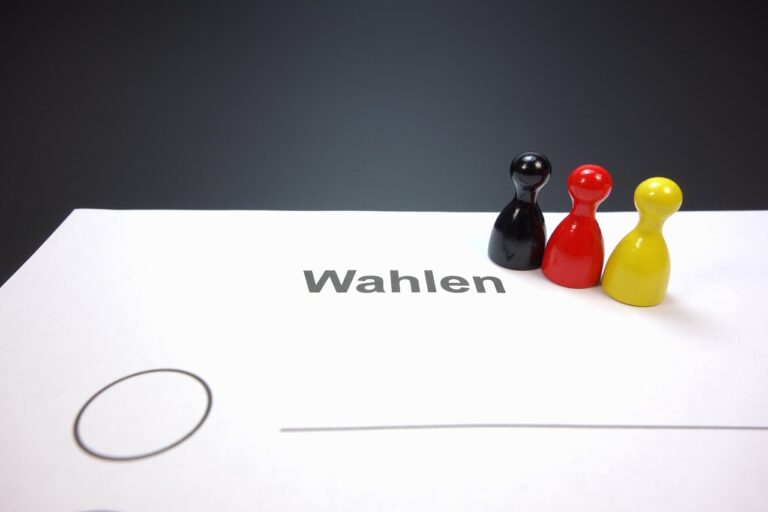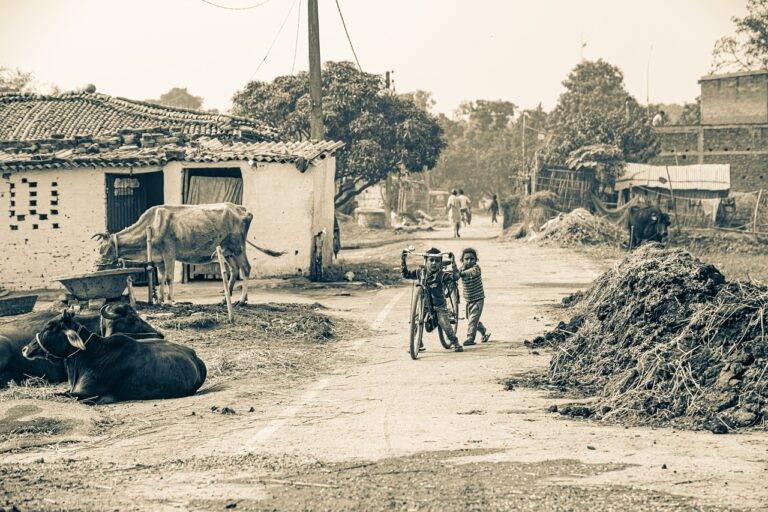The Role of Peer Support Networks in Voter Registration Mobilization
allpannel, cricket id online, gold365 betting:The Role of Peer Support Networks in Voter Registration Mobilization
In recent years, there has been a growing recognition of the importance of peer support networks in encouraging voter registration and mobilization. Peer support networks, defined as groups of individuals who share similar backgrounds, experiences, or interests, have been shown to play a crucial role in motivating people to participate in the electoral process. From registering new voters to encouraging turnout on election day, these networks have proven to be effective in increasing civic engagement and strengthening democracy.
Why do peer support networks matter in voter registration mobilization?
Peer support networks matter in voter registration mobilization for several reasons. First and foremost, these networks provide a sense of community and belonging that can help individuals feel more motivated and empowered to participate in the electoral process. When people are surrounded by others who share their values and beliefs, they are more likely to take action and make their voices heard.
Additionally, peer support networks can provide valuable information and resources to help individuals navigate the voter registration process. Whether it’s explaining registration deadlines, sharing information about polling locations, or helping individuals understand their rights as voters, these networks play a crucial role in ensuring that everyone has the opportunity to participate in democracy.
Furthermore, peer support networks can serve as a source of encouragement and accountability for individuals who may be hesitant or unsure about registering to vote. By participating in a community of like-minded individuals, people are more likely to feel supported and motivated to take the necessary steps to register and participate in elections.
How can peer support networks be leveraged for voter registration mobilization?
There are several ways that peer support networks can be leveraged for voter registration mobilization. One effective strategy is to organize peer-led voter registration drives in communities where there may be lower levels of voter registration. By tapping into existing networks of friends, family, and colleagues, organizers can reach out to individuals who may not have registered to vote and provide them with the information and resources they need to participate.
Another strategy is to use social media and online platforms to connect with individuals who may be interested in registering to vote. By creating online communities and sharing information about voter registration deadlines, resources, and upcoming elections, peer support networks can reach a wider audience and encourage more people to get involved in the electoral process.
Additionally, peer support networks can host educational events, workshops, and town hall meetings to provide individuals with the knowledge and skills they need to register and vote. By creating opportunities for dialogue and discussion, these networks can help demystify the voter registration process and empower individuals to make informed decisions about their participation in democracy.
What are some challenges in leveraging peer support networks for voter registration mobilization?
While peer support networks can be a powerful tool for voter registration mobilization, there are also some challenges to consider. One challenge is reaching individuals who may not be connected to existing support networks or who may be hesitant to engage with peer-led initiatives. In order to overcome this barrier, organizers may need to think creatively about how to expand their outreach efforts and engage with a diverse range of individuals.
Another challenge is ensuring that peer support networks have access to accurate and up-to-date information about voter registration requirements, deadlines, and resources. Without the right information, individuals may struggle to navigate the registration process and may be more likely to disengage from the electoral process. Organizers should prioritize providing training and resources to peer leaders to ensure that they are equipped to support their communities effectively.
Furthermore, peer support networks may face opposition or resistance from individuals or groups who are opposed to efforts to increase voter registration and participation. In order to navigate these challenges, organizers should be prepared to engage in dialogue, build coalitions, and mobilize support from allies to overcome obstacles and advance their goals.
In conclusion, peer support networks play a crucial role in voter registration mobilization by providing a sense of community, offering valuable information and resources, and serving as a source of encouragement and accountability. By leveraging these networks effectively, organizers can help empower individuals to participate in the electoral process and strengthen democracy for all.
FAQs
Q: How can I get involved in voter registration mobilization efforts?
A: There are many ways to get involved in voter registration mobilization efforts, from volunteering with local organizations to hosting voter registration drives in your community. Reach out to advocacy groups, political parties, or grassroots organizations to learn how you can contribute to these important efforts.
Q: Do I need to be a certain age to register to vote?
A: Voter registration requirements vary by state, but in most cases, you need to be at least 18 years old to register to vote. Some states may allow individuals as young as 16 or 17 to pre-register to vote, so be sure to check the specific requirements in your state.
Q: Can I register to vote online?
A: Many states now offer online voter registration as a convenient and secure way to register to vote. Check with your state’s election office or visit websites like Vote.gov to find out if online registration is available in your area.
Q: What should I do if I encounter barriers to voter registration?
A: If you encounter barriers to registering to vote, such as restrictive voter ID laws or limited access to registration materials, reach out to local advocacy organizations or legal support services for assistance. It’s important to know your rights as a voter and advocate for fair and equitable access to the electoral process.







